
All categories
Featured selections
Trade Assurance
Buyer Central
Help Center
Get the app
Become a supplier

(1090 products available)

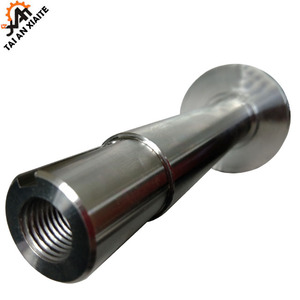



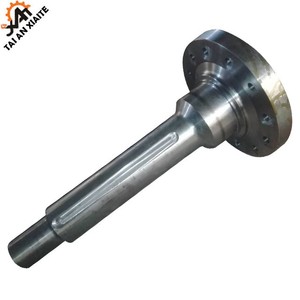








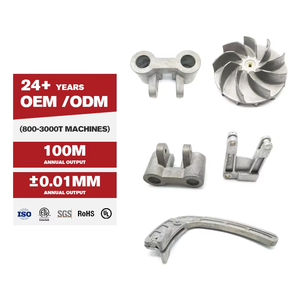

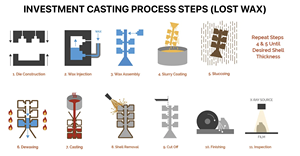




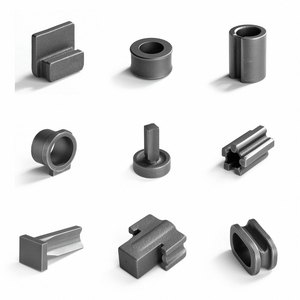






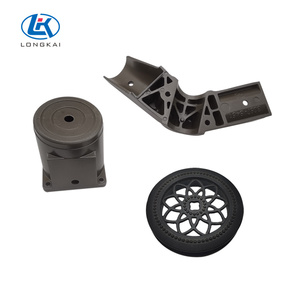
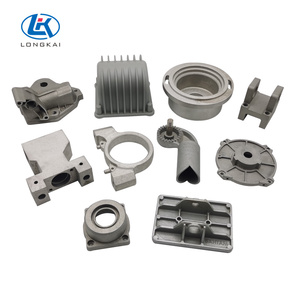




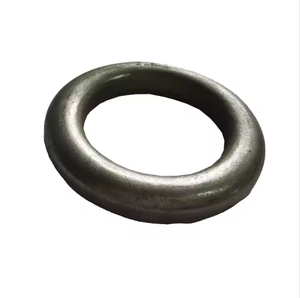
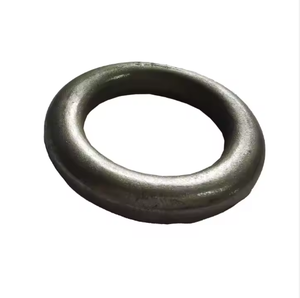

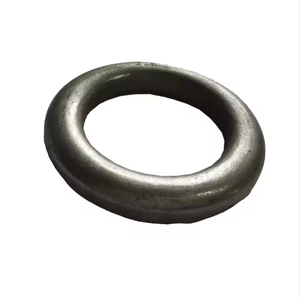
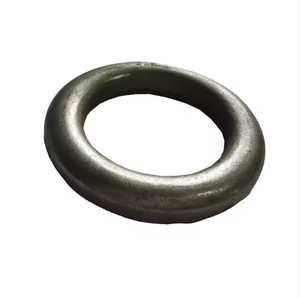
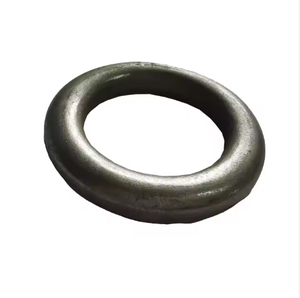



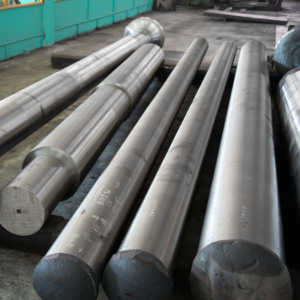

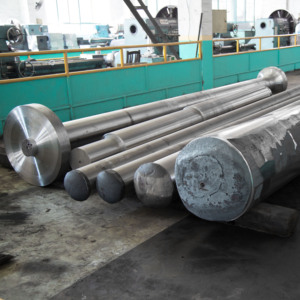
open die forgings manufacturers are a crucial part of the industrial fabrication process, offering an efficient method to shape metal components. This process involves compressing metal under high pressure to create strong and durable parts, often used in automotive, aerospace, and machinery applications. open die forgings manufacturers are known for their ability to enhance the mechanical properties of metals, making them more resilient to wear and tear. By utilizing precise techniques and specialized equipment, manufacturers can produce parts that meet specific design and performance criteria. As technology advances, open die forgings manufacturers continue to evolve, offering improved efficiency and quality in metal fabrication.
When exploring open die forgings manufacturers, it's essential to understand the different types available, each tailored to meet specific industrial needs. Common types include open die forging, closed die forging, and seamless rolled ring forging. Open die forging involves shaping metal between flat dies, allowing for flexibility in size and shape, making it ideal for large components. Closed die forging uses shaped dies to produce complex parts with precision, often used in high-performance applications. Seamless rolled ring forging is perfect for creating circular components like bearings and flanges, offering uniformity and strength. Each type of open die forgings manufacturers provides unique advantages, ensuring optimal results for diverse manufacturing requirements.
The fundamental function of open die forgings manufacturers is to transform raw metal into precise shapes, enhancing its structural integrity and performance characteristics. This process offers several features, including increased strength, improved grain structure, and reduced porosity. By applying pressure, open die forgings manufacturers refine the metal's internal structure, resulting in components that can withstand extreme conditions. The ability to produce complex geometries with minimal material waste is another significant advantage, making these services highly efficient. Moreover, open die forgings manufacturers allow for customization in terms of size, weight, and material composition, ensuring that the final product meets industry-specific standards and requirements.
open die forgings manufacturers utilize a variety of materials, each selected based on the desired properties of the finished product. Commonly used metals include steel, aluminum, titanium, and copper alloys. Steel is favored for its strength and versatility, making it suitable for a wide range of applications, from automotive to construction. Aluminum offers lightweight and corrosion-resistant properties, ideal for aerospace and marine components. Titanium is known for its exceptional strength-to-weight ratio, often used in high-performance sectors. Copper alloys provide excellent electrical conductivity, making them suitable for electronic applications. The choice of material in open die forgings manufacturers is critical, as it directly impacts the durability and functionality of the forged components.
Selecting the right open die forgings manufacturers involves considering several factors to ensure the best outcomes for your manufacturing needs. First, assess the specific requirements of the components, including size, complexity, and material properties. Understanding the production volume is crucial, as some processes are better suited for high-volume runs, while others excel in custom, low-volume production. Evaluate the technical capabilities and expertise of the service provider, ensuring they have the necessary equipment and skilled personnel to deliver high-quality results. Additionally, consider the turnaround time and reliability of the open die forgings manufacturers, as these factors can significantly impact project timelines and budgets. By taking these aspects into account, you can choose a forging partner that aligns with your objectives and delivers optimal performance.
When selecting open die forgings manufacturers, understanding the benefits they offer can significantly impact the quality and cost-efficiency of your manufacturing process. One of the primary advantages is the enhanced mechanical strength and durability of the forged components. By choosing a service that aligns with your specific requirements, you can ensure that the parts will withstand demanding operational conditions, reducing the risk of failure or replacement. Additionally, the customization options available in open die forgings manufacturers allow for precise control over the component's dimensions and material properties, ensuring optimal performance in its intended application.
Several key factors should be considered when evaluating open die forgings manufacturers. The first is the type of forging process that best suits your needs, whether it's open die, closed die, or seamless rolled ring forging. Each method offers distinct advantages and limitations, influencing the final product's characteristics. Another important consideration is the selection of materials, as different metals and alloys exhibit varying levels of strength, weight, and corrosion resistance. It's crucial to assess the service provider's expertise and capability in handling the chosen materials to ensure the highest quality results. Furthermore, the technological advancements in open die forgings manufacturers can also play a role in achieving more efficient production cycles and innovative design solutions.
Forging services, including open die forgings manufacturers, provide superior strength and durability compared to other fabrication methods like casting or machining. The compressive forces used in forging refine the metal's grain structure, enhancing its mechanical properties. This results in components that are better suited to withstand fatigue and impact, making them ideal for high-performance applications.
The choice of material in open die forgings manufacturers significantly impacts the final product's characteristics. Different metals and alloys offer varying levels of strength, weight, and resistance to environmental factors. For instance, steel provides excellent strength and versatility, while aluminum is favored for its lightweight and corrosion-resistant properties. Selecting the appropriate material ensures that the forged components meet the specific demands of their application.
Technology plays a crucial role in modern open die forgings manufacturers by enhancing precision, efficiency, and innovation. Advanced simulation tools and computer-aided design (CAD) systems allow manufacturers to optimize the forging process, reducing material waste and improving product quality. Additionally, automated equipment and robotics can increase production speed and consistency, making forging services more competitive in the global market.
Yes, open die forgings manufacturers can be highly customized to meet the unique requirements of various industrial applications. Customization options include the selection of material, dimensions, and specific design features. This allows manufacturers to produce components that are tailored to the operational demands and specifications of industries such as automotive, aerospace, and heavy machinery.
Environmental considerations in open die forgings manufacturers include the efficient use of materials and energy, as well as the reduction of emissions and waste. Many forging companies are adopting sustainable practices by utilizing recycled materials and improving energy efficiency in their processes. Additionally, advancements in technology contribute to minimizing the environmental footprint of forging services, aligning with global efforts toward sustainability.